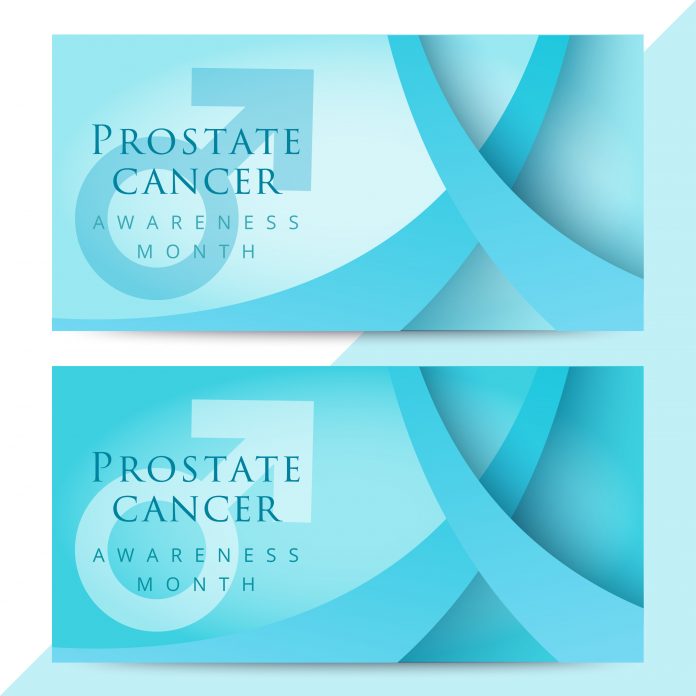The prostate gland is a walnut sized gland found only in men. It wraps around the urethra in the pelvis and secretes part of the liquid portion of the seminal fluid. The seminal fluid carries sperm made by the testes. Prostate cancer is cancer of the prostate gland. Other than skin cancer, it is the most common cancer in men. It is also the second leading cause of cancer deaths in men.The exact cause is still unknown but there are risk factors.
What are the risk factors?
- A family history. It tends to run in families. If your father or brother has had it you are twice as likely to get the disease.
- Your age. Sixty percent of men with it are over 65.
- Your diet. If your diet consists of a lot of red meat and fatty foods you are putting yourself at risk. A diet high in vegetables and fruits can cut your risk of developing this cancer. Prostate cancer can also be linked to obesity.
- Your race. Those of African ancestry are more likely to develop it than any other race.
Early symptoms usually include a frequent need to urinate, a weak or interrupted urine stream or difficulty in starting or stopping urination. There may also be blood in the urine and pain while urinating.There are treatment options for prostate cancer and these could include any of the following:
- Surgery
- Radiation or hormonal therapy, chemotherapy
- Observation or active surveillance
- Bone-directed therapy
A PSA test is done to determine if you have prostate cancer. This is a blood test that measures the amount of PSA (prostate-specific antigen) in your blood. The prostate produces a protein called PSA.
This September is Prostate Cancer Awareness Month. There is a greater need for public education surrounding prostate cancer. Deaths from it have been decreasing but the number still needs to be reduced. Educate yourself. Ask your doctor about your risks and if you should have a PSA test done. Look for events in your area this September that help with research and education about prostate cancer.
This article is intended for informational purposes only. If you have any questions or are considering any recommendations, please consult your health practitioner.























